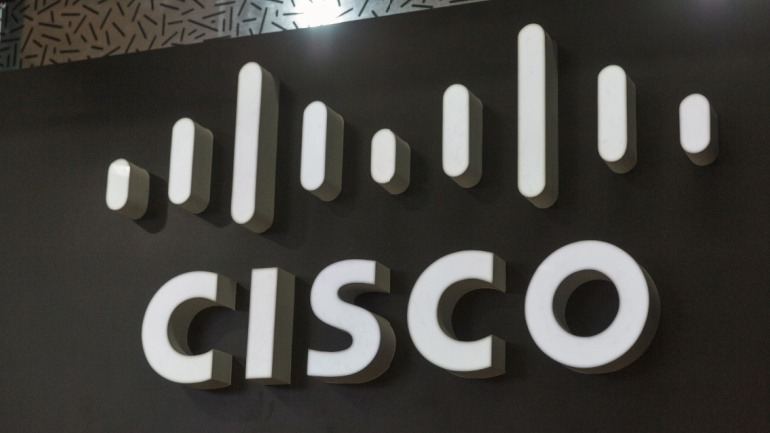Two tech giants, IBM and AMD, have announced a groundbreaking collaboration aimed at merging quantum computing with high-performance computing (HPC) to establish a “quantum-centric” supercomputing model. This partnership is poised to propel the tech industry into uncharted territories, merging classical systems’ speed with quantum computing’s potential.
The initiative primarily focuses on developing computing architectures that synergize quantum systems, HPC, and AI accelerators. By combining these technologies, the alliance seeks to create solutions to challenges that traditional systems struggle to address, such as materials discovery and complex logistics.
Quantum computing is distinct from traditional computing, utilizing qubits rather than binary bits. This allows it to represent complex information, potentially solving intricate problems that were otherwise insurmountable with classical computing. As stated by IBM’s CEO Arvind Krishna, “Quantum computing will simulate the natural world and represent information in an entirely new way.” This sentiment echoes the company’s vision of expanding the limits of what current computing can achieve.
Lisa Su, AMD’s CEO, also emphasized the importance of their venture, saying that high-performance computing forms “the foundation for solving the world’s most important challenges.” Together, the partnership aims to explore hybrid computing models where quantum processors and classical HPC systems, such as CPUs, GPUs, and FPGAs, can collectively tackle extensive data analysis and novel algorithm development.
Future prospects involve integrating AMD’s processors with IBM quantum computers, potentially achieving fault-tolerant quantum computing. The collaboration aims to establish advancements in real-time error correction, a crucial barrier in current quantum computing limitations.
An exciting demonstration is planned for later this year, showcasing how IBM’s quantum computers and AMD’s hardware can work together, conducting hybrid workflows. These demonstrations are set to leverage the existing partnerships IBM has formed with global entities such as RIKEN in Japan and Lockheed Martin, offering practical testing environments for quantum-classical integration.







